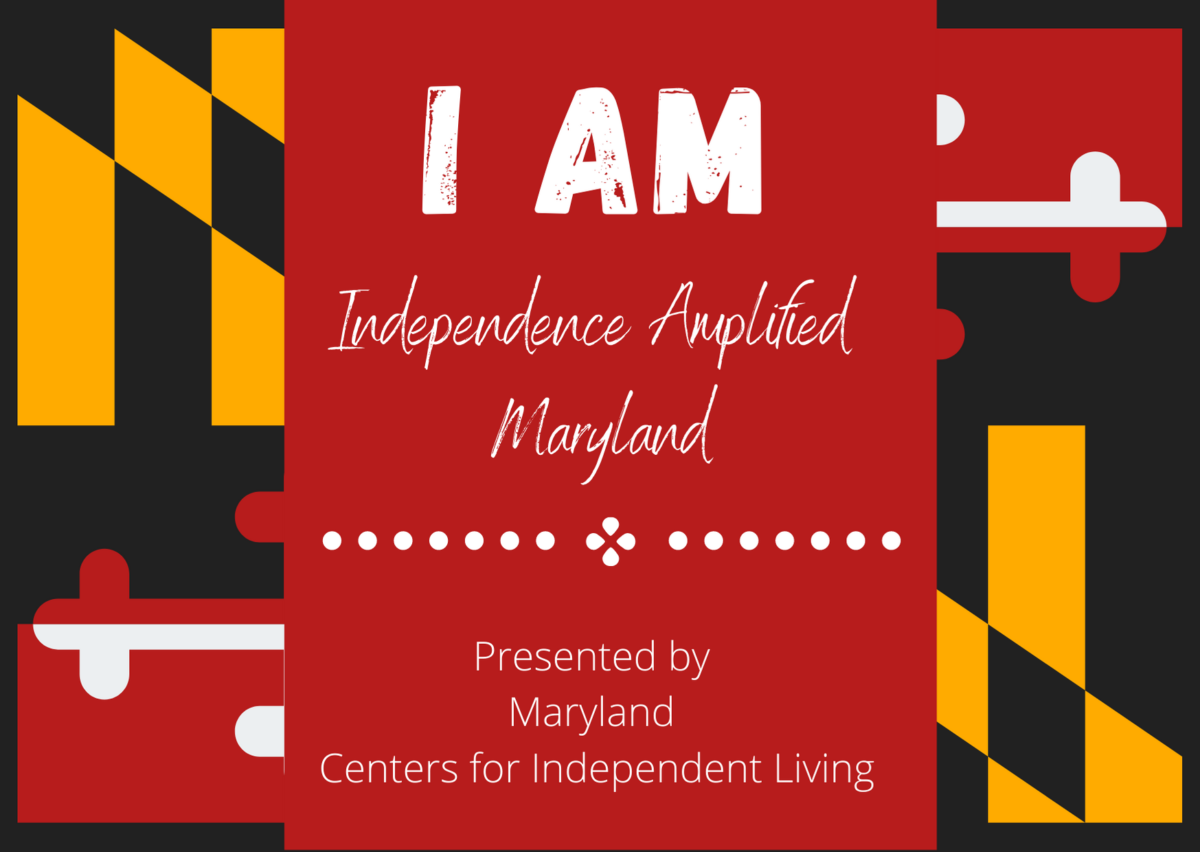April 26th I AM featured Medical Professionals with expertise in Spinal Cord Injuries (SCI) on COVID Vaccines and people with SCI sharing personal vaccine stories. Join Dr. Judy Stone, Dr. Suzanne Groah and Dr. Terrence Sheehan who will answer questions and give their perspective on the vaccines. Ian Ruder, Editor New Mobility as well as John […]

